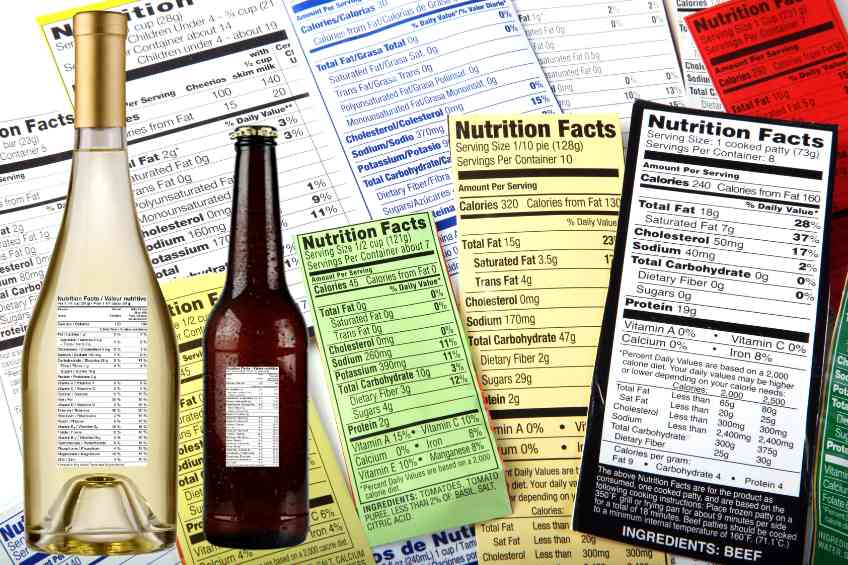By Sean Zucker –
The global COVID-19 pandemic is clearly impacting everyone. For essential workers, workdays may have doubled in length. Others find themselves working at home or perhaps facing unemployment and excessive free time while quarantined. Those family members who worked at home prior to the outbreak, now confront the reality that their routines are not just altered but overcrowded through constant contact with children and significant others. Yeah, life has changed and this new world of pent up extra work or boredom threatens to unleash personal demons in many that previous life changes have kept at bay. There is reason to believe, for example, that recovering alcoholics are particularly vulnerable to relapse under these changing conditions.
The National Institute on Drug Abuse reports there are currently 14.4 million adults in the U.S. suffering alcohol use disorder. It’s a condition that is responsible for 88,000 deaths per year, making it the third leading cause of preventable death in the country.
There are, of course, a growing number of treatments and support groups for alcoholics. One of the most well-known and effective is Alcoholics Anonymous (AA). But like other treatments, many of the practices that have supported AA efficiency are increasingly difficult to maintain while participants are isolated in lockdown. This includes the iconic first step in recovery, which is attending an AA meeting. It’s recommended that recovering alcoholics attend these meetings weekly to develop a sense of community and maintain accountability. Unfortunately, the current set of almost universal regulations to promote social distancing by prohibited gatherings of 5 or more people have basically precluded these meetings.
Virtual weekly meetings for these and other groups have been maintained to some degree through webcams. However, they don’t or can’t replace the benefits and support offered by physical meetings, especially for those newly sober who may have not found a regular weekly meeting spot or who have not fully grasped the necessity to attend weekly meetings.
The breakdown in traditional meetings, in fact, threatens all participants but it can be particularly devasting to the newly recovered as the first year of sobriety is a crucial time in the recovery process. A JAMA study underscored this by revealing between 40 to 60 percent of people who’ve been treated for addiction or alcoholism relapse within the first year.
The meetings go beyond participants openly admitting to a drinking problem and proclaiming a desire to overcome it. A long time AA member, referred to as Anthony B., recently told CNN that the lockdown has disrupted critical routines for recovering alcoholics that are essential to their health. “Our gatherings are about a lot more than not drinking,” he explained. “When they stopped, I worried about losing my connections…Attending meetings helps to balance me. I wasn’t sure what I was going to do. Like most alcoholics, I don’t like change.”
Early advice given to addicts often focuses on staying busy, so they are distracted from the desire to drink. That guidance is increasingly difficult to follow when almost nothing is open and there’s nowhere to go. The potential byproduct is a heightened sense of isolation, which can negatively impact an alcoholic’s mental health. Feeling isolated isn’t good for anyone, but research published in Depression and Anxiety that found it is particular dangerous for this at risk group as social anxiety disorders have a direct impact on alcoholism.
So what can be done? While AA meetings via Zoom may not work for everyone, they have proven effective for many. Beyond this, the addiction specialists at Addiction Center advise taking care of your body by getting proper sleep, establishing an exercise routine and maintaining a health diet. They also encourage contact with friends and family and trying to maintain a familiar schedule.
The SAMHSA National Helpline (1-800-487-4889) is also a resource. This is a confidential, free, 24-hour-a-day, 365-day-a-year, information service, for individuals and family members facing mental and/or substance use disorders.












